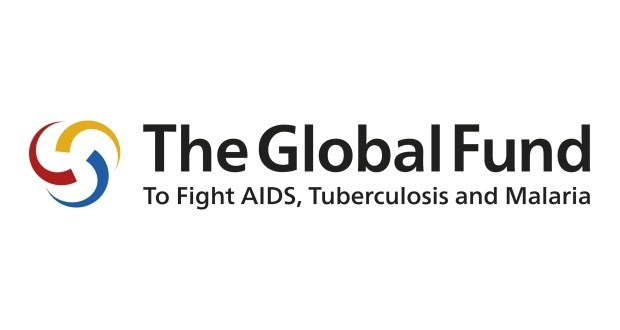
Japan Secures $476 million Contribution to the Global Fund
TOKYO – The Global Fund to Fight AIDS, Tuberculosis and Malaria welcomes the Japanese Diet’s passage of the fiscal 2019 supplementary budget and the fiscal 2020 budget, which includes Japan’s contribution of US$476.4 million to the Global Fund in 2020. This is its largest annual contribution to the Global Fund, signalling Japan’s strong leadership in global health, at a time when the world is fighting COVID-19.
The latest contribution is part of Japan’s Sixth Replenishment pledge to the Global Fund. In 2019, Japan announced a pledge of US$840 million to the Global Fund’s Sixth replenishment. Suzuki Keisuke Japan’s State Minister for Foreign Affairs, who led the Japanese delegation and reaffirmed Japan’s commitment at the replenishment conference in Lyon, France in October 2019 said, “Ending three epidemics by 2030 and bringing about successful transition of implementing countries are responsibility not only of the Global Fund but also of the entire global community. The Global Fund has applied an innovative method of co-financing requirement under the principle of country ownership. This is a key element to sustainability and successful transition and should be strengthened in the coming three years.”
Japan supports a new Global Fund initiative that provides flexibility to countries to use up to 5% of approved grants to respond to the COVID-19 pandemic and to ensure continuity of lifesaving programs to fight HIV, TB and malaria. Japan’s leadership in championing Universal Health Coverage foresees a world secure from old as well as emerging pandemics.
“As the world battles the COVID-19 pandemic, it is wonderful to support the Global Fund, which dedicated to helping the vulnerable populations such as people living with HIV, TB and Malaria.” said Honorary Ichiro Aisawa, a member of the House of Representatives in the Diet and Co-Chair of Friends of the Global Fund, Japan Diet Task Force. “Those of us in Japan are pleased that we can contribute to the Global Fund’s effort to fight these diseases while working to strengthen health systems in a way that advances health for all.”
“At this critical time in global health, Japan continues to lead the way in efforts to achieve Universal Health Coverage and promote global health security,” said Peter Sands, Executive Director of the Global Fund. “We are tremendously grateful to the people of Japan and to Prime Minister Abe for this unwavering support.”
Japan has been a strong supporter of the Global Fund from the beginning. Japan introduced infectious diseases to the agenda of the G8 Kyushu-Okinawa Summit in 2000, which paved the way for the Global Fund’s establishment in 2002. The country is Global Fund’s fifth-largest contributor. With support from Japan and other partners, the Global Fund partnership has saved more than 32 million lives around the world.
###
WHAT IS PANCAP?
PANCAP is a Caribbean regional partnership of governments, regional civil society organisations, regional institutions and organisations, bilateral and multilateral agencies and contributing donor partners established on 14 February 2001. PANCAP provides a structured and unified approach to the Caribbean’s response to the HIV epidemic, and coordinates the response through the Caribbean Regional Strategic Framework on HIV and AIDS to maximise efficient use of resources and increase impact, mobilise resources and build the capacity of partners.
What are the Global AIDS Strategy 2021–2026 targets and commitments?
If targets and commitments in the strategy are achieved:
- The number of people who newly acquire HIV will decrease from 1.7 million in 2019 to less than 370 000 by 2025
- The number of people dying from AIDS-related illnesses will decrease from 690 000 in 2019 to less than 250 000 in 2025.
- The goal of eliminating new HIV infections among children will see the number of new HIV infections drop from 150,000 in 2019 to less than 22,000 in 2025.
What are the 95-95-95 Targets for ending AIDS?
- 95% of People Living with HIV know their HIV status;
- 95% of people who know their status on treatment; and
- 95% of people on treatment with suppressed viral loads.
HELPFUL LINKS:
Global AIDS Strategy 2021–2026, End Inequalities, End AIDS
https://pancap.org/pancap-documents/global-aids-strategy-2021-2026-end-inequalities-end-aids/
Caribbean Regional Strategic Framework on HIV and AIDS (CRSF) 2019-2025
https://pancap.org/pancap-documents/caribbean-regional-strategic-framework-2019-2025/
